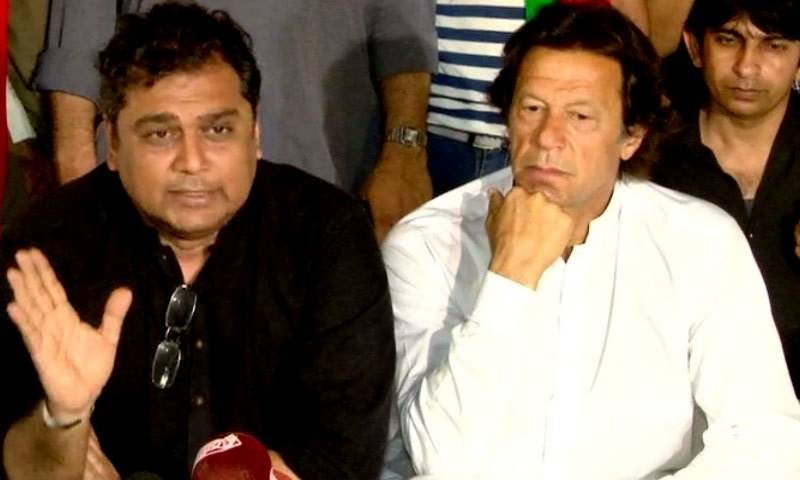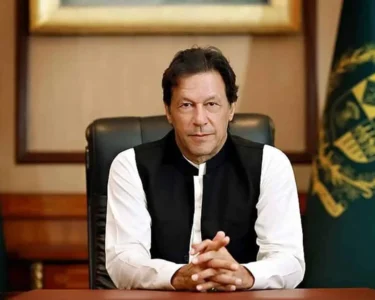The recent resignation of the Sindh president of Pakistan Tehreek-e-Insaf (PTI) has sent shockwaves through the political landscape, further undermining the embattled former prime minister Imran Khan. In a video message, Zaidi, once a close aide of Khan, announced his retirement from politics, citing the events of May 9 that witnessed attacks on civil and military installations. This decision marks a significant setback for PTI and adds to the growing list of party members distancing themselves from the former ruling party.
Subheading: Reasons for Resignation
Condemnation of Violence and Accountability: Zaidi expressed strong condemnation for the violent attacks against state institutions that occurred earlier this month. He emphasized the need to hold those responsible accountable for their actions. While stepping down from his party position and active politics, Zaidi conveyed his intention to focus on humanitarian work and continue efforts to attract investments to crisis-hit Pakistan. In concluding his message, he reiterated his support for the Pakistan Army.
Subheading: Aftermath of May 9 Protests
Crackdown and Arrests: Following the May 9 protests and a subsequent stringent crackdown, several PTI leaders, including Shireen Mazari, Asad Umar, and Shah Mahmood Qureshi, were arrested under the Maintenance of Public Order ordinance. Despite being granted bail on multiple occasions, they were immediately re-arrested each time until they publicly distanced themselves from the former ruling party. This series of events has had a significant impact on PTI’s image and stability.
READ MORE: Shaheen Afridi Addresses Concerns over Dip in Bowling Speed: Focuses on Wickets and Skill Refinement
Subheading: Escalating Discontent
Makhdoom Khusro Bakhtiar’s Departure: Adding to the growing discontent within PTI, former federal minister Makhdoom Khusro Bakhtiar recently announced his departure from the party, citing the May 9 vandalism. Bakhtiar stated that he could no longer align himself with PTI’s philosophy, leading to his decision to part ways. His resignation further highlights the deepening divide within the party and raises questions about its leadership and direction.
Firdous Ashiq Awan’s Exit: Former special assistant to Punjab chief minister, Firdous Ashiq Awan, also made the decision to leave PTI following the May 9 violence. This development compounds the challenges faced by Imran Khan’s party, as prominent figures continue to disassociate themselves from its ideology and political platform. The successive press conferences announcing resignations have generated widespread concern among legal experts, seasoned politicians, and civil society members, who lament the current circumstances that hinder political continuity.
Conclusion: The resignation of the Sindh president of PTI, along with other prominent party members, represents a significant blow to Imran Khan and his leadership. The fallout from the May 9 protests and subsequent events has exposed the deep-seated discontent within PTI and raised questions about its ability to maintain a united front. As the party grapples with internal divisions, it faces an uphill battle to restore its credibility and regain the trust of disillusioned supporters.




